
Radar | Apr 01,2024
Parliamentarians incited fury over inefficiencies in fuel distribution and subsidy management, during the Ministry of Transport & Logistics performance report last week. Members of the Standing Committee for Urban Infrastructure & Transport Affairs questioned the effectiveness of penalties for misuse while illegal market activity persists.
Minister Alemu Sime revealed that the government spent 29.2 billion Br on fuel subsidies in the past nine months, while the total transaction volume reached 86 billion Br. Over 103,000 vehicles were banned from the program for improper use.
"We are conducting thorough audits," Alemu said.
He acknowledged difficulties in controlling the program and recovering funds from those who misused subsidies, particularly three-wheeled rickshaws and taxis.
"They're not serving the public with the arrangement," he said. "Regulating public transport providers is much easier."
The national Fuel Stabilisation Fund's spending has decreased due to the subsidy removal, aligning with the government's budget cutback goals. The Ministry has gradually eliminated fuel subsidies over the past three years. Currently, only 2,862 cars - primarily cross-country and public buses - remain subsidised. State Minister Denge Boru, confirmed plans to eliminate fuel subsidies altogether.
MPs raised concerns about removing subsidies while public transportation issues persist, with long queues for buses and taxis being a common sight. Meanwhile, stakeholders in the fuel supply chain identify a range of problems undermining legal channels.
Ephrem Tesfay, a board member of the Ethiopian Petroleum Dealer's Association, said tariff adjustments are necessary to make transportation profitable. He disclosed that there are instances of subsidised fuel being sold on the black market.
"Mandatory GPS installation is crucial," he said.
Other MPs echoed concerns about rising fuel costs and the potential benefits going only to the economically stable. Committee member Lubaba Abraham questioned how the Ministry plans to address black market activity when its digital payment system keeps failing. Another member Khalid Abamencha, expressed concern over the rising fuel costs while illegality remains unaddressed. He said uncontrolled subsidies benefited only a few people in the higher-income class.
"Most of the populace is struggling with transportation costs," he said.
Despite employing Ethiotelecom's digital tracking services, the Ministry struggles to control the illegal fuel trade within its 1.1 billion Br budget. Minister Alemu concurred that illegal users are adapting to the system while acknowledging the need to limit rising public transport costs.
The system, designed by the state-owned telco and supervised by the Petroleum & Energy Authority (PEA), attempts to track the fuel volume from when it docks at Djibouti ports to the last drop. According to Alemu, while the system has had relative success in the capital and Shegger cities, it has yet to reach regional states.
Ferew Rabitu, head of the supply & distribution directorate at the Authority, expects all stakeholders to join the National Fuel Supply Chain Management System soon, enabling proper tracking of illegal activities.
"We will properly begin tracing illegality hereafter," he told Fortune.
The Ministry's efforts to curb illegality and cut costs by removing subsidies have had varying impacts across the transport sector. Minibus taxi driver Samuel Tefera, who has worked nights for the past five years to cover fuel costs, criticised the subsidy removal for taxis. He argued that most operate legally and removing subsidies would strain public transport providers. Samuel received daily subsidies of 84 Br until a few weeks ago, a far cry from the 600 Br three years back but better than struggling to make ends meet without any support.
"They shouldn't ban all of us, most are operating by the book," he said.
Economists like Arega Shumete (PhD) expect the aggressive removal of fuel subsidies to most likely exacerbate inflationary pressures on lower-income households. He said the government's attempts to tighten its budgetary control by removing subsidies must translate to investments that address transportation problems.
"It's the poor who appreciate the value of subsidies," Arega told Fortune. "Improved targets are ideal."
PUBLISHED ON
Jun 08,2024 [ VOL
25 , NO
1258]

Radar | Apr 01,2024
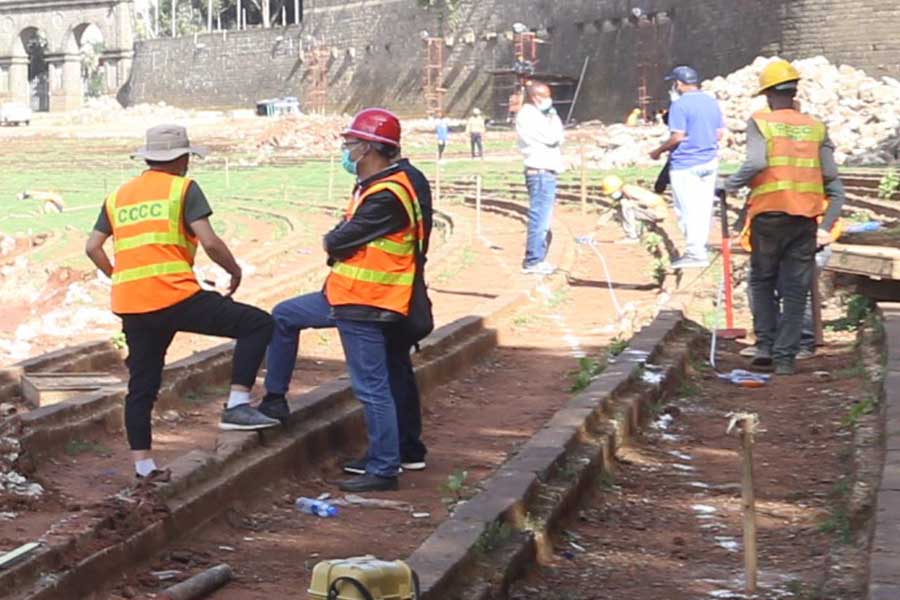
Fortune News | Aug 22,2020
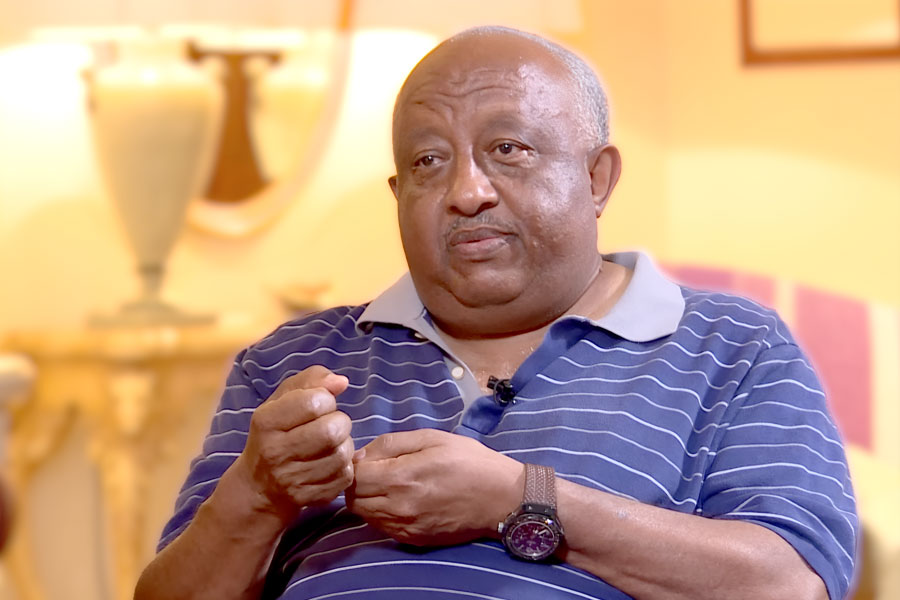
Fortune News | Oct 07,2023
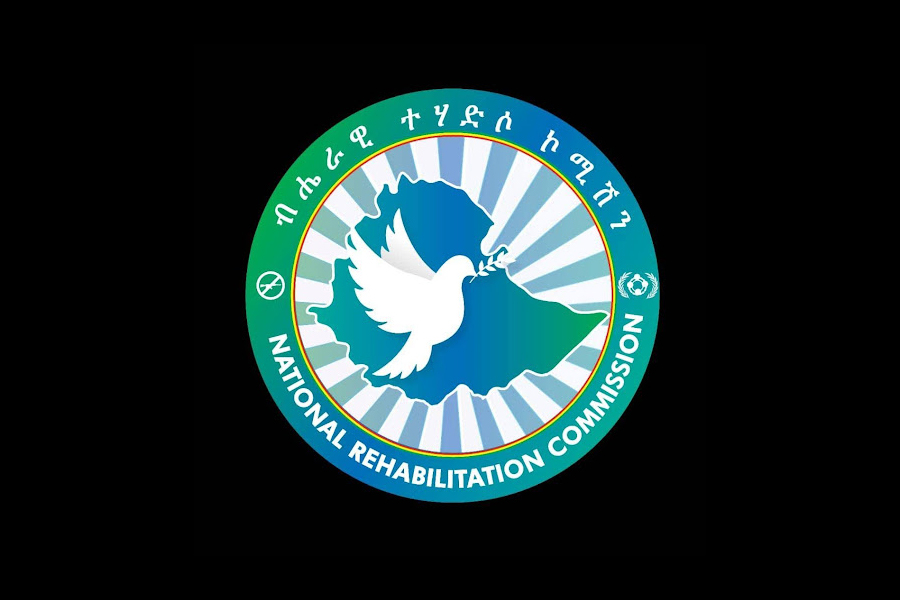
Radar | Sep 14,2024

Radar | Oct 23,2018
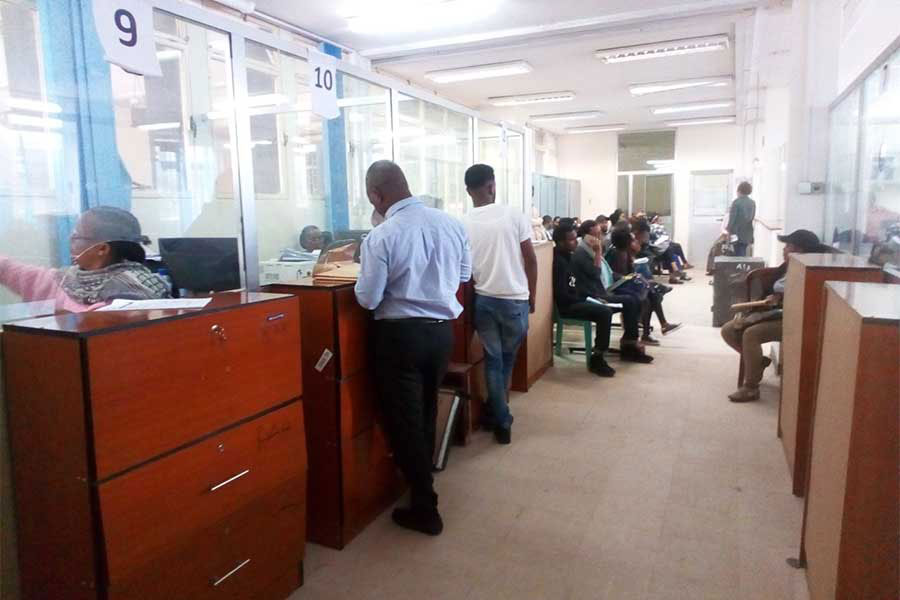
Fortune News | Dec 10,2022
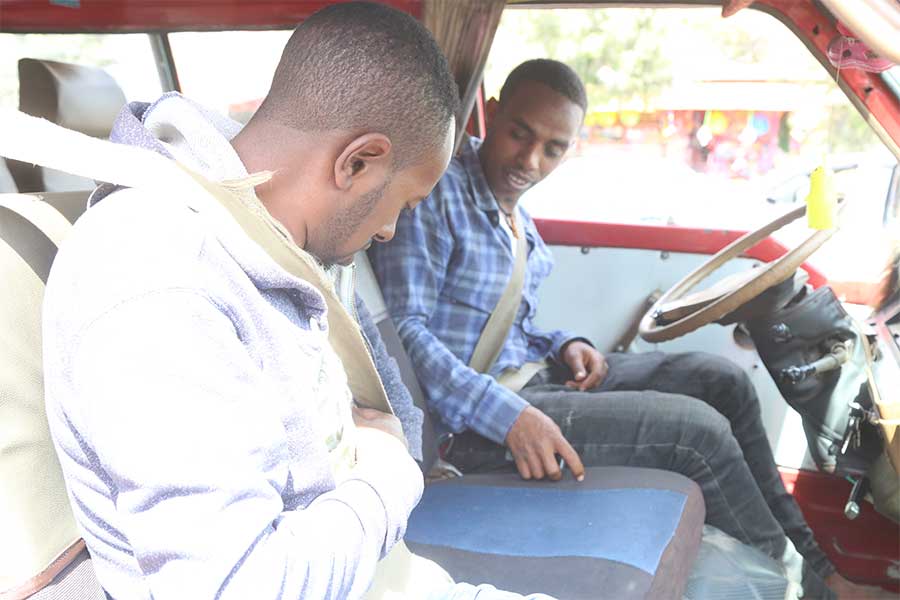
Featured | Jan 25,2020
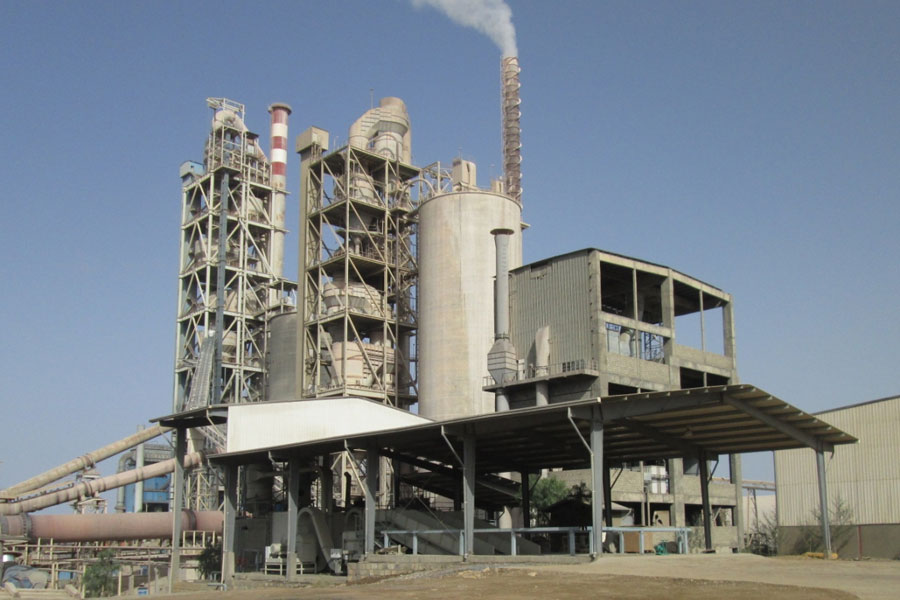
Fortune News | Feb 03,2024

Radar | Dec 25,2023

Fortune News | Dec 17,2022

Dec 22 , 2024 . By TIZITA SHEWAFERAW
Charged with transforming colossal state-owned enterprises into modern and competitiv...

Aug 18 , 2024 . By AKSAH ITALO
Although predictable Yonas Zerihun's job in the ride-hailing service is not immune to...

Jul 28 , 2024 . By TIZITA SHEWAFERAW
Unhabitual, perhaps too many, Samuel Gebreyohannes, 38, used to occasionally enjoy a couple of beers at breakfast. However, he recently swit...

Jul 13 , 2024 . By AKSAH ITALO
Investors who rely on tractors, trucks, and field vehicles for commuting, transporting commodities, and f...

Oct 18 , 2025
The political establishment, notably the ruling party and its top brass, has become p...

Oct 11 , 2025
Ladislas Farago, a roving Associated Press (AP) correspondent, arrived in Ethiopia in...

Oct 4 , 2025
Eyob Tekalegn (PhD) had been in the Governor's chair for only weeks when, on Septembe...

Sep 27 , 2025
Four years into an experiment with “shock therapy” in education, the national moo...